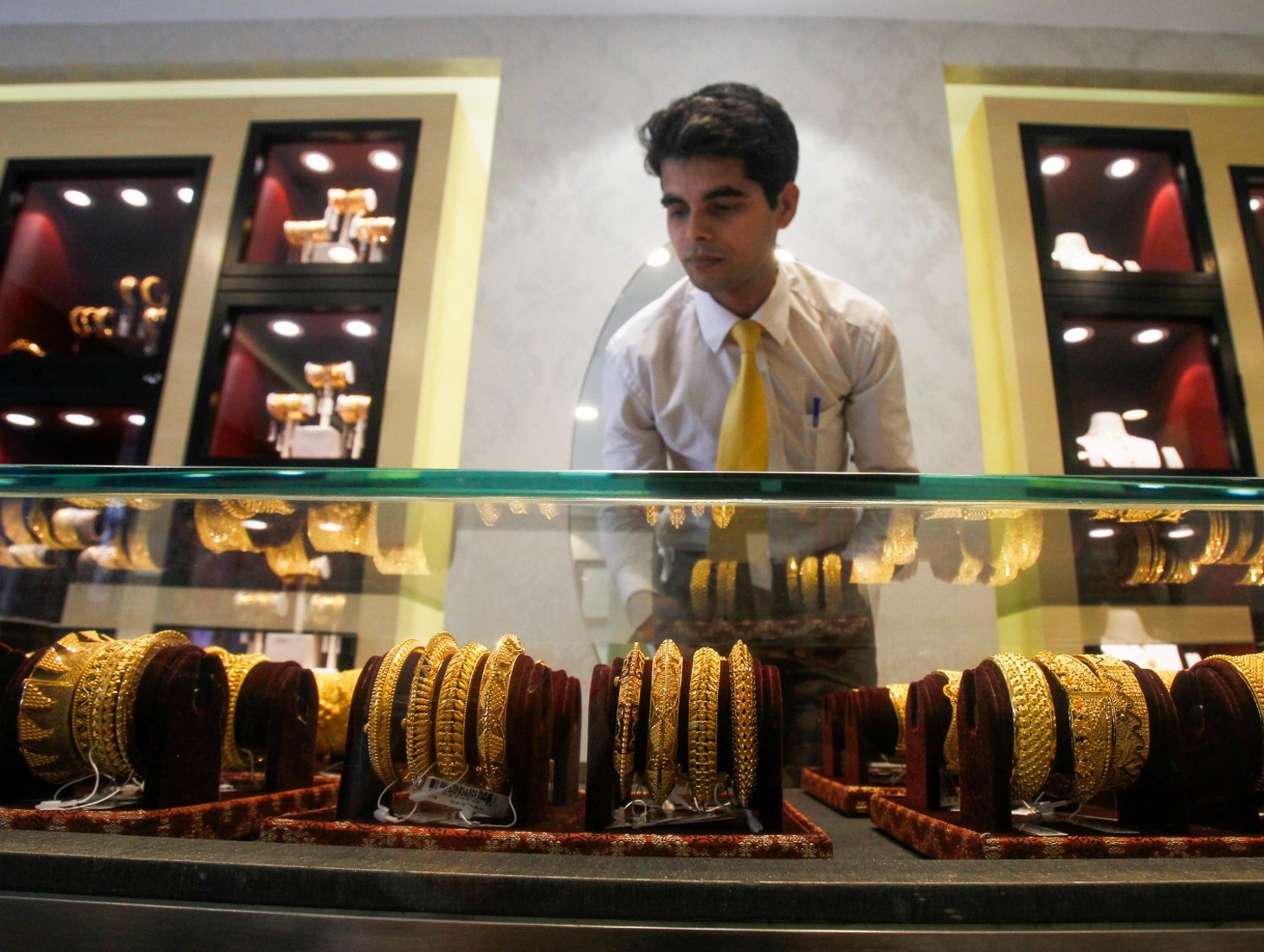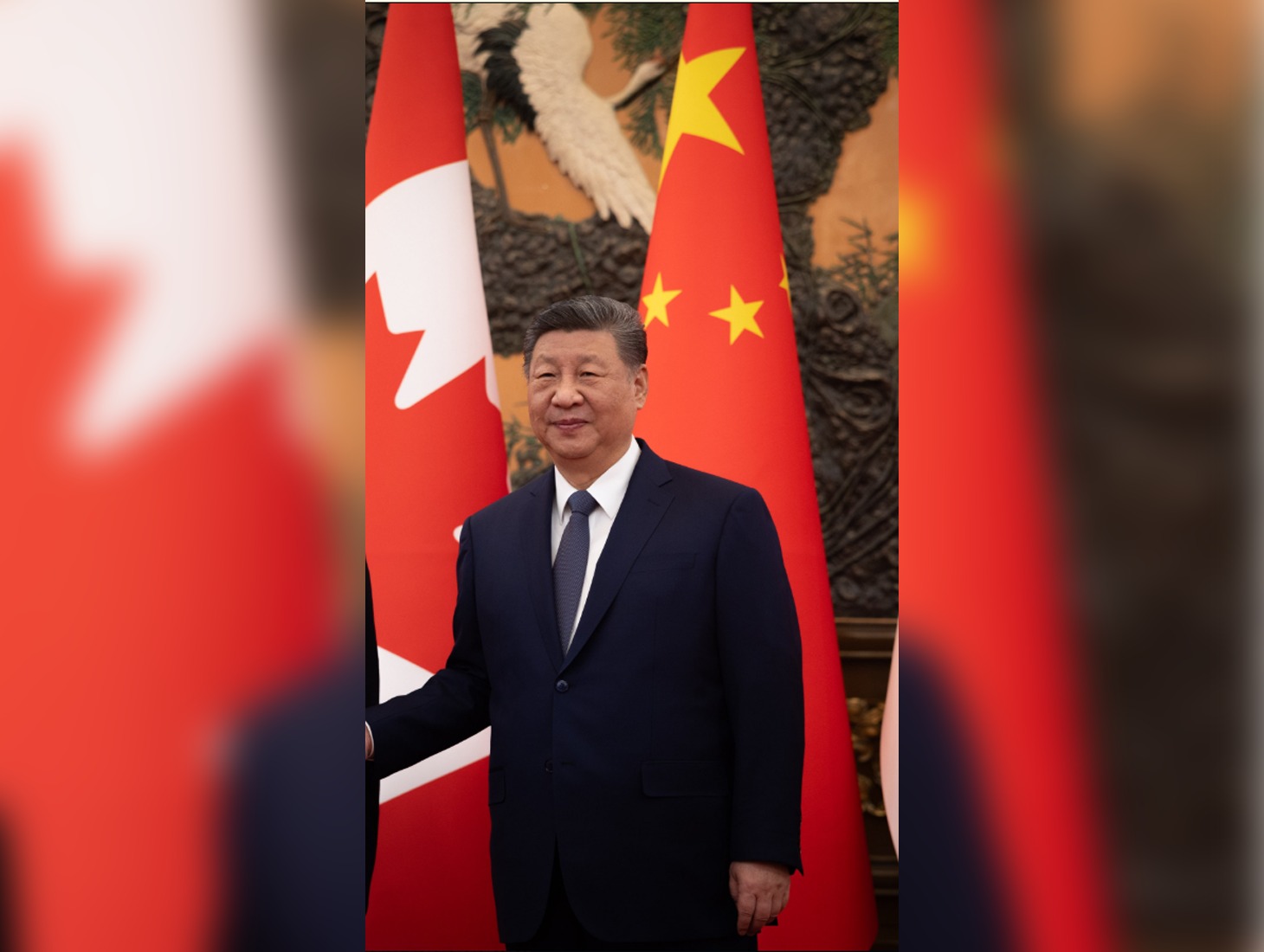Shimona Sharma & Damini Sharma
The North News
Chandigarh, February 12
Ranveer Allahbadia’s recent controversy surrounding the YouTube show India’s Got Latent has ignited a fierce debate about the decline of moral values in Indian media. His offensive remark, which trivialized family sanctity, has not only drawn widespread criticism but also exposed the deeper malaise afflicting contemporary entertainment—the erosion of decency under the guise of humor. At the heart of the controversy is a larger question: what kind of values are being normalized through digital entertainment? The show’s brand of humor, often crass and boundary-pushing, reflects a broader shift in media culture, where shock value trumps ethical considerations. For impressionable youth, unfiltered access to such content risks desensitization to vulgarity, reinforcing the notion that tasteless humor is socially acceptable.
The backlash against India’s Got Latent underscores a growing public concern over the responsibilities of digital creators. Allahbadia’s remark—“Would you rather watch your parents have sex every day for the rest of your life or join in once to stop it forever?”—was not merely in poor taste; it was an affront to fundamental family values. Though he later issued an apology, admitting it was an “inappropriate and unfunny lapse in judgment,” the damage had been done. The controversy escalated to legal action, with Maharashtra Cyber Police booking Allahbadia, comedian Samay Raina, and 30 others under obscenity laws.
Such incidents are symptomatic of a broader cultural drift, where entertainment is increasingly unmoored from ethical responsibility. Platforms like YouTube, which provide immense creative freedom, also enable unchecked content that can shape young minds in troubling ways. The rise of “members-only” content, where controversial material is paywalled, further incentivizes the production of provocative and often objectionable material in pursuit of profit.
The financial success of India’s Got Latent adds another layer of complexity. Reports indicate that Samay Raina earns approximately ₹1.5 crore per month from the show, with additional income from brand partnerships and chess streaming. The rapid monetization of such content, coupled with its massive reach, raises pressing questions about the role of regulation in digital entertainment. The app associated with the show has already climbed to the Top 50 of Google Play and is No. 1 on Apple’s App Store, indicating its undeniable popularity.
Yet popularity does not equate to legitimacy. The public response has been telling—politicians, actors, and industry bodies have condemned the show’s content, calling for stricter accountability. Maharashtra Chief Minister Devendra Fadnavis remarked that while free speech is a right, it must not infringe on societal norms and values. The All Indian Cine Workers Association (AICWA) went further, demanding a boycott of all individuals associated with the show and calling for legal action against them.
This episode should serve as a wake-up call. The freedom of digital content creation must come with an ethical compass. Platforms that cater to millions—particularly the young—must recognize their role in shaping cultural and moral discourse. It is imperative that parents, regulators, and content creators collectively address the growing normalization of indecency in entertainment.
Ranveer Allahbadia’s controversy is not just about one inappropriate comment. It is about the broader decline of moral values in media and the urgent need for accountability in the digital space. If left unchecked, such content risks normalizing a culture where respect and dignity are eroded in favor of sensationalism. India must now ask itself: is this the kind of entertainment we want shaping the next generation?
















